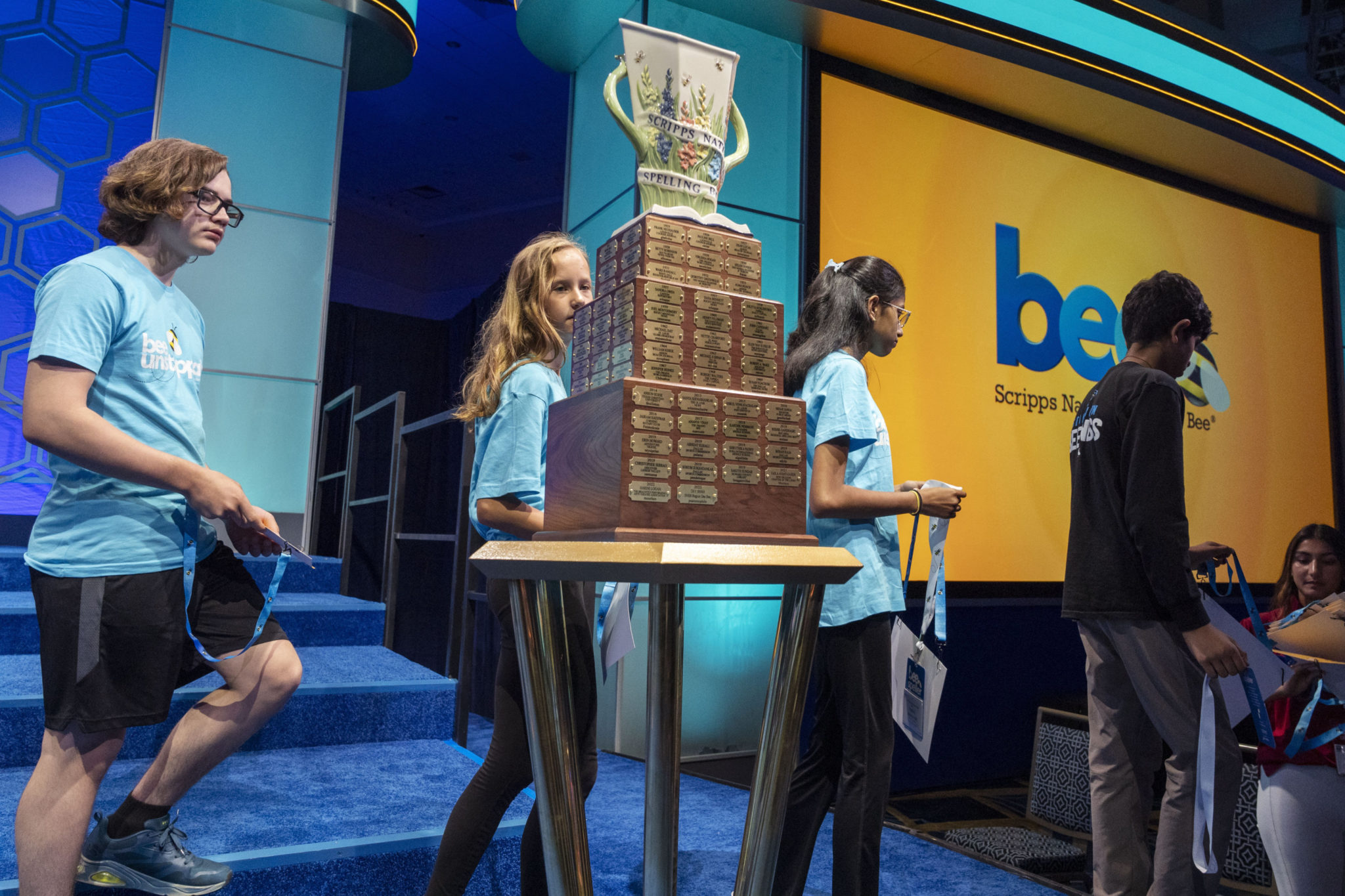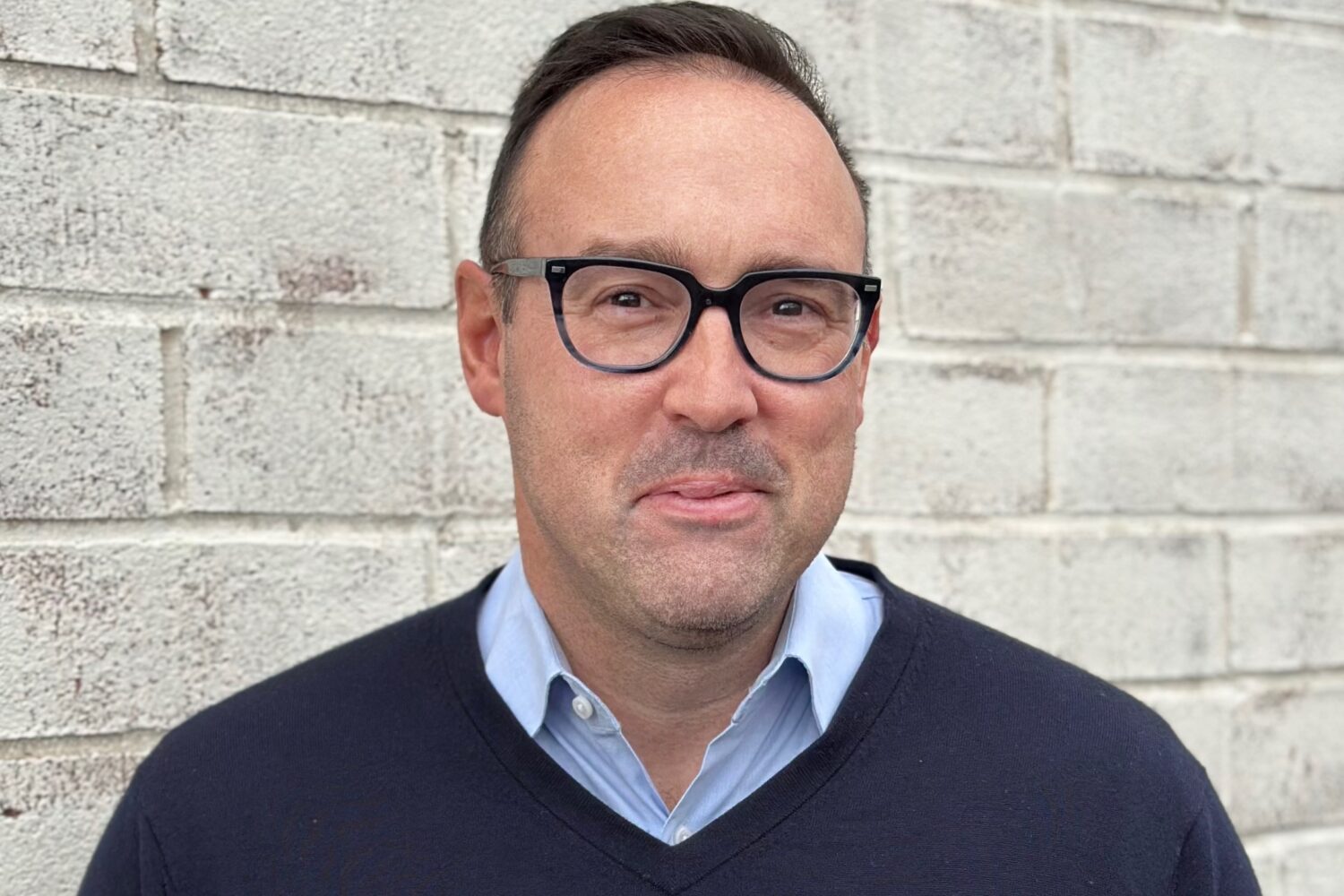Ananya Vinay was on Ben Nuckols’s radar long before she won the Scripps National Spelling Bee in 2017 with a flawless disassembly of the word marocain. “I got a tip from a former speller from California who said, ‘Hey, watch out for her, she’s good,’ ” says Nuckols, a reporter and editor for the Associated Press’s sports desk in DC. But an early interview with Vinay, who was 12 at the time, didn’t reveal much about the future champ.
It wasn’t until after she’d hoisted the Scripps Cup that Nuckols, who likes to hang around after the official end of the spelling bee—like, to the point that venue staff are picking up chairs, he says—overheard Vinay tell Scripps organizers that she’d written her victory speech weeks beforehand, “just to motivate me to study more.” That became the peg of Nuckols’s story about Vinay’s win. “I was proud of that moment, because I took the extra time, and I made another attempt to get a detail that someone else wouldn’t have as things were closing down,” Nuckols says.
Nuckols and I spoke on Tuesday, the first day of the 99-year-old competition, which is held at the Gaylord National Resort & Convention Center in National Harbor. He had already written a curtain-raiser about why kids of South Asian descent have come to dominate the competition and had filed his first day story about the preliminary rounds. Those aren’t too revelatory: “The best spellers are going to breeze through the preliminary, and you don’t get a feel for anything about the way the competition will shake out,” Nuckols says. The early words are all on a list the contestants receive in advance, “so as cruel as it may sound, there’s really no excuse to miss a word from this round.”
Nuckols has covered the bee since 2012, when AP sent him as a platoon with the late reporter Joseph White. Nowadays, he’s the closest thing we have to a dean of American spelling bee press corps. “A lot of times I introduce myself, and people immediately say they’ve read my stories, which is nice and different from the norm,” he says. He says he’s constantly awed by the contestants, whom he likens to Olympic athletes in terms of preparation.
Nuckols edits and reports sports articles for much of the year, though he keeps an eye on bee business year-round. Every year he meets up with previous winners to gather story ideas. One of them, he says, told him about the physical toll the competition took on her, which led to another eye-opening piece. Last year, after years of him requesting access, the bee allowed him to observe a panel that decides which words to include from the semifinal rounds onward. “I just kept at it,” he says.
The spellers must not have finished eighth grade, and they can’t be older than 15, which means interviews like Nuckols’s preliminary one with Ananya Vinay can be tough for a reporter to mine quotes from. In the decade-plus he’s been on this beat, he says, he’s found questions that can provoke interesting answers, like how spellers study or how they feel onstage. Or, he says, “You can ask them about the words that are used for the bee. They always have opinions on that.”
The reporter has seen some wild stuff in his time on the bee beat. The first year he covered the event solo, 2014, was the first of three years in a row when the contest ended in a tie. The bee attempted to foreclose that outcome with a written test before scuttling that idea in 2019—when competition ended with an eight-way tie. (Bee officials have since tightened rules to avoid another octochampion situation.)
Whatever happens at this year’s finals, Nuckols will be running around trying to get as many quotes and details as he can from the winner, filing on deadline the whole time. “Every year I say I still don’t know how to do it,” he says. “Apparently I do okay.”




















